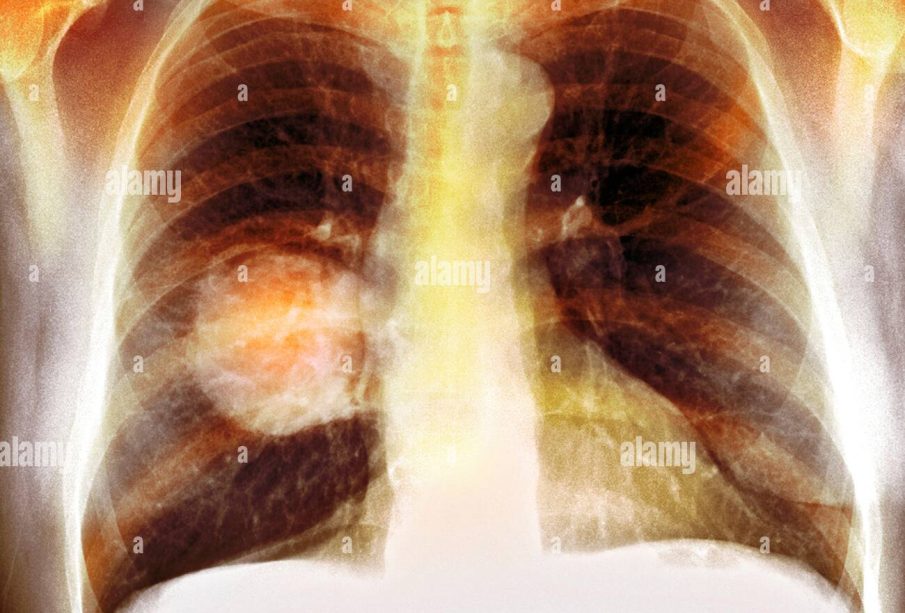Understanding Lung Cancer: Recent Developments and Awareness

The Importance of Lung Cancer Awareness
Lung cancer remains one of the leading causes of cancer-related deaths worldwide, with approximately 28,600 Canadians expected to be diagnosed in 2023 alone. As a critical public health issue, raising awareness about lung cancer not only helps educate the public about its risks but also promotes early detection and effective treatment options, which are vital for improving survival rates.
Recent Developments in Lung Cancer Research
In recent months, various studies have spotlighted significant advancements in lung cancer research. Notably, a 2023 study published in the ‘Journal of Clinical Oncology’ reports that targeted therapies have improved survival outcomes for patients with non-small cell lung cancer (NSCLC). These therapies operate by specifically targeting genetic mutations that drive cancer growth, providing a more personalized treatment approach.
Innovative Screening Techniques
Moreover, innovative screening techniques are on the rise. Researchers have made headway with low-dose computed tomography (LDCT) screenings, which can detect lung cancer at earlier stages, thus allowing for timely intervention. The Canadian Task Force on Preventive Health Care recently updated its screening guidelines to recommend LDCT for high-risk individuals, such as heavy smokers and those with a family history of lung cancer.
Awareness Campaigns and Support
On the front of public engagement, various organizations are ramping up awareness campaigns. The Canadian Cancer Society has launched initiatives during November, which is recognized as Lung Cancer Awareness Month, to educate citizens on the risks associated with smoking, environmental factors, and the importance of early detection. These campaigns are essential as they aim to reduce stigma associated with lung cancer and underscore the message that it is never too late to quit smoking and seek help.
Conclusion: A Focus on the Future
As we move forward, the concerted efforts in lung cancer research, innovative screening methods, and awareness campaigns provide a hopeful outlook. The increasing investments in research and collaboration among medical professionals indicate a commitment to eradicating this disease. For individuals, understanding the risks, symptoms, and available support can empower them in their health journey. Collectively, by raising awareness and pushing for research advancements, we can foster a future where lung cancer can be effectively managed and potentially eradicated.









